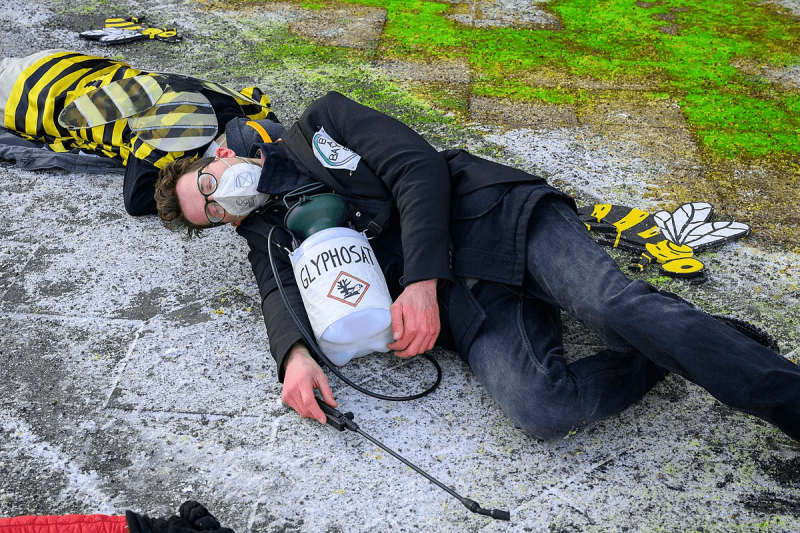Like anyone literate, they know plants are not tiny people. The biological pathway that would kill Groot does not exist in humans at all.
Who is not literate? The UN International Agency for Research on Cancer (IARC), a group of activist epidemiologists who claim they can correlate the weedkiller to cancer using studies they hand-picked, including ones Working Group members participated in – they became so embroiled in controversy after their statisticians declared 500,000 biologists, chemists, and toxicologists as being wrong that they need immediately rushed to declare coffee safer than they claimed it was before.
No one is fooled. Their reputation is so bad that outside groups know in advance what their determination of the artificial sweetener aspartame will be (CANCER!) and yet few journalists even bother to mention it. Nor will they mention that IARC ignores dose, so if 10,000 shots of whisky can harm you, in their monograph will declare a dram causes cancer too.
The new finding doesn’t just match scientists around the world, it matches the European Food Safety Authority. Despite that, it is expected when the EU meets in July they will ban it. Science does not matter in Europe, and has not for decades.
Hank Campbell founded Science 2.0 in 2006, and writes for USA Today, Wall Street Journal, CNN, and more. His first book, Science Left Behind, was the #1 bestseller on Amazon for environmental policy books. Follow Hank on Twitter @HankCampbell
A version of this article was originally posted at Science 2.0 and has been reposted here with permission. Any reposting should credit the original author and provide links to both the GLP and the original article. Find Science 2.0 on Twitter @science2_0































